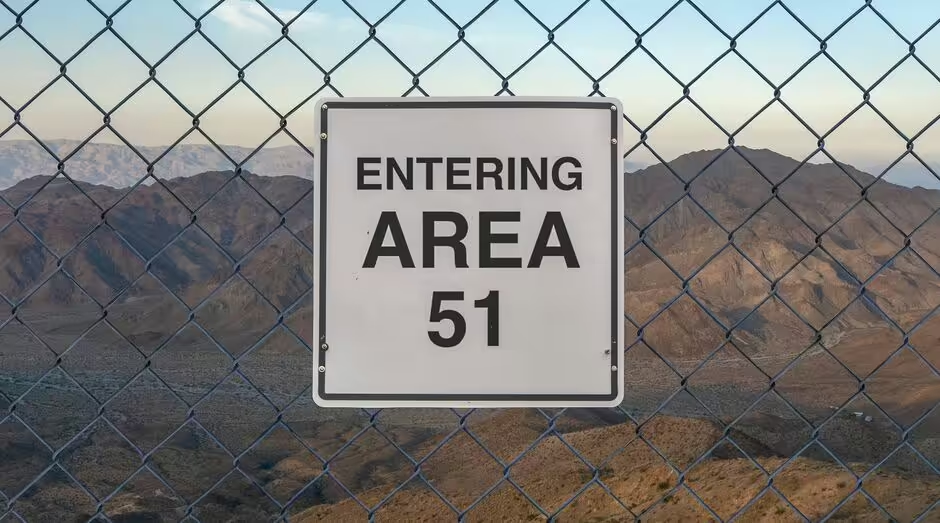The auto insurance industry has long provided vital protection for vehicle owners, shielding them from the financial risks of driving. Among the many policies available, there’s a lesser-known category worth noting: non owners insurance. This type of insurance is for individuals who don’t own a car but sometimes drive one. With the rise of car-sharing services and less emphasis on car ownership in cities, understanding non owners insurance is increasingly important for many people.
In this article, we’ll explore non owner SR22 insurance in California, explaining its basic principles and benefits for those who don’t own a car. We’ll review the coverage options it offers and when it’s essential. We will focus on the differences in acquiring policies and the costs involved, providing a detailed understanding of non owners insurance beyond typical auto insurance knowledge.
What is Non Owners Insurance?
Non owners insurance is designed for individuals who drive but don’t own a car. It provides liability coverage for bodily injury and property damage when the insured operates a vehicle they don’t own. This type of insurance is beneficial for those who rent vehicles, borrow cars from acquaintances or relatives, or regularly use car-sharing services. It ensures that these drivers are covered without needing a typical car insurance policy.
While non owners insurance doesn’t cover physical damage to the vehicle being driven, it offers liability protection for the driver’s financial interests. This coverage is similar to what standard auto policies provide to car owners. However, non owners insurance focuses solely on liability and does not include collision coverage. It’s suitable for individuals who don’t regularly use a specific car, unlike standard policies that cover damages to the car itself.
Benefits of Non Owners Insurance
When considering non owners insurance, it becomes clear that this specialized coverage offers several benefits tailored for individuals without their own vehicle. One key advantage is its liability protection, which can shield the insured from claims for bodily injury and property damage they might accidentally cause while driving someone else’s car.
Non owners insurance can also cover rental vehicles, providing drivers with protection not typically included in standard rental agreements. What’s more, this coverage is often available at a lower cost than insurance offered by rental companies. Comparing non owners insurance with standard auto policies reveals serious economic advantages, especially for those who drive occasionally but still require regular protection.
How to Obtain Non Owners Insurance
Obtaining non owners insurance starts with reaching out to insurance providers offering this specialized coverage. This process involves evaluating factors such as the insurer’s reputation, policy limits, and how well it meets your specific needs. It ensures that when you drive without owning a car, you’re legally and financially protected from liability claims. One important aspect to note is that non owners insurance is often more affordable than standard auto policies because it doesn’t include comprehensive and collision coverage. However, it still provides protection similar to traditional insurance in the event of an incident.
It’s important to address a common misconception: non owners insurance doesn’t cover any car the policyholder drives. Instead, it typically only covers the individual named on the policy and doesn’t extend to vehicles used regularly. Discussing your driving habits with the insurer is key to select a policy that aligns with your lifestyle accurately.
When is Non Owners Insurance Necessary?
Non owners insurance proves vital in various situations, offering needed financial protection for those without their own vehicle. If you often rent cars, this insurance acts as a reliable safeguard, shielding you from potential liabilities during your rental periods. Similarly, for individuals who frequently borrow cars from friends or family, non owners insurance ensures that you, not the vehicle’s owner, are financially protected in case of an accident for which you are responsible.
It also provides valuable support for users of ride-sharing services, who may overlook the risks involved in driving someone else’s vehicle. Even if your name isn’t on the registration, your responsibility on the road remains, highlighting the substantial protection offered by non owners insurance. However, it’s important to note that while non owners insurance is necessary in these scenarios, it doesn’t offer the same coverage as a personal auto policy. Instead, it focuses on providing liability coverage for the occasional times you operate a vehicle that isn’t yours.
Cost of Non Owners Insurance
When analyzing the cost of non owners insurance, we need to consider various factors, such as premiums and deductibles, and how insurers calculate rates. Premiums for this type of insurance are usually lower than those for standard auto policies because they focus on liability coverage without vehicle-related risks. Deductibles, which are typically not included in liability-only policies, are not a concern here.
Insurers determine rates based on factors like driving history, how often the vehicle is used, and location. To potentially reduce costs, individuals can explore discounts for maintaining a clean driving record or bundling the non owners policy with other insurance products from the same provider. By understanding these financial aspects and actively seeking cost-saving opportunities, one can manage the specifics of non owners insurance pricing effectively.
Non owners insurance provides essential financial security for those who don’t own a car but occasionally drive one. This specialized policy protects drivers in various situations, including borrowing or renting cars and participating in ride-sharing. Its financial benefits, such as lower premiums and no deductibles, make it a wise choice. However, acquiring the right coverage requires a careful review of individual driving habits and needs. Despite its complexity, non owners insurance remains a robust option for those without car ownership, offering tailored protection in today’s dynamic automotive terrain.






